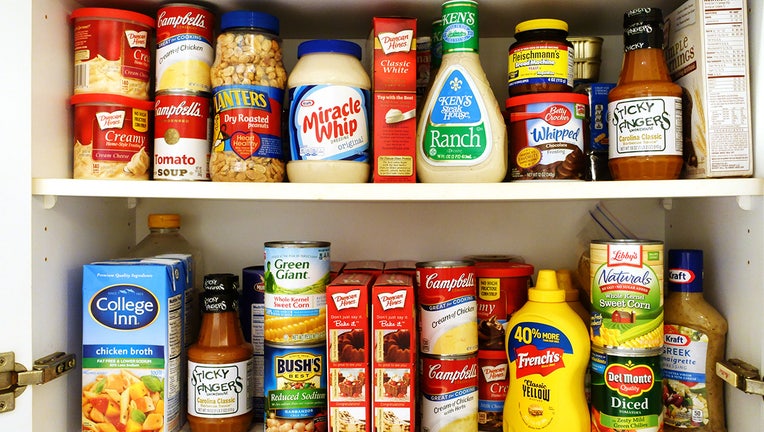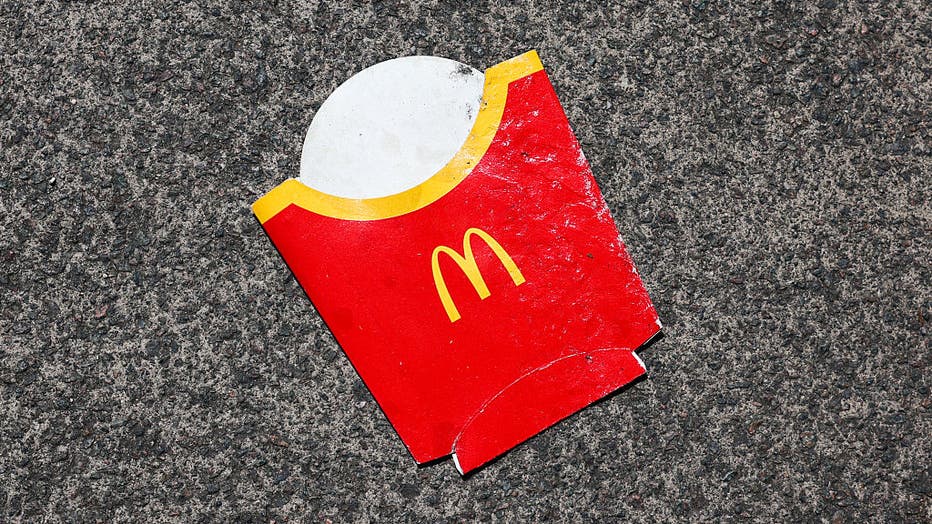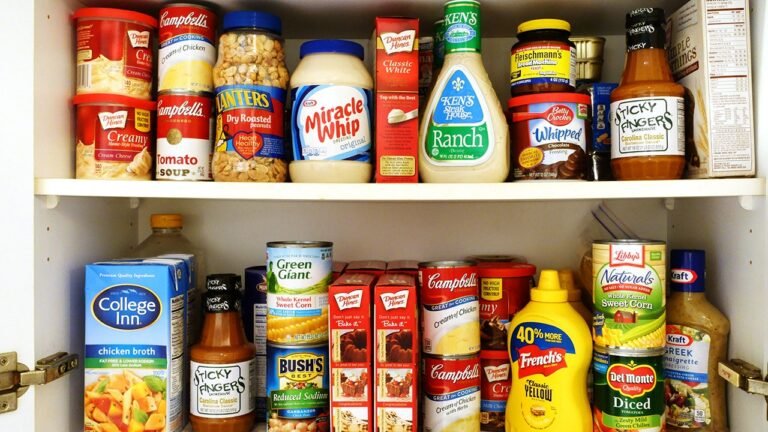
( Documents: NoDerog/ iStock/ Getty Images)
LOS ANGELES – If you have actually ever before left half a loaf of bread or unopened yogurt in your Airbnb refrigerator, you’re not the only one. A current research released in the journal Waste Management located that tourists leave approximately $12 in leftover food per evening throughout their keep– approximately 5% of their nighttime accommodations price.
That might not seem like a lot, however increased throughout numerous keeps, it amounts to greater than $2 billion yearly in lost grocery stores, takeout, and leftovers.
” Individuals are primarily paying an added lodging tax obligation via the cash they invest in food that they never ever consume,” stated lead writer Brian Roe, a teacher at The Ohio State College.
The scientists evaluated 502 united state grownups regarding their latest remain in an Airbnb, VRBO or comparable temporary service. Almost all got on getaway instead of organization traveling. Participants reported what they purchased, prepared, and inevitably threw out– or left.
What are individuals losing– and why?
By the numbers:
The most significant wrongdoers were fresh fruit and vegetables and kitchen staples, which commonly do not obtain totally made use of prior to check-out day. The research damaged down the typical $12 of lost food per evening as complies with:
- $ 7 in extra groceries
- $ 5 in leftovers or takeout
The existence of youngsters was additionally connected to even more leftover food. And while 80% of teams consumed at the very least one dish a day at the service, just regarding 6% prepared every dish.
Almost fifty percent of participants stated they throw away much more food while taking a trip than in your home.
A basic repair: Provide visitors guidance
What you can do:
The research additionally located that tenants would certainly be responsive to much more sustain from their hosts:
- 46% of hosts provided recycling
- Over 20% given information regarding food disposal
- 75% of guests stated they would certainly invite directions on exactly how to give away or compost leftover food
” One can visualize this as a basic enhancement to a host’s info pamphlet,” Roe stated. “And if that knocked that $2 billion number to $1.5 billion, that’s half a billion bucks much less annually of lost food.”

A McDonald’s french fries container on the ground mirrors the billions in leftover food lost by temporary tenants annually, according to a brand-new research. (Picture by Jakub Porzycki/NurPhoto using Getty Images)
Why you ought to care:
Past the price, food waste has ecological repercussions. Leftover food adds to methane exhausts in garbage dumps and wastes the sources made use of to expand, ship, and shop it.
The searchings for use an uncommon consider vacationer actions– and a chance for both tenants and hosts to throw away much less.
” There are great deals of price quotes of just how much visitors effect neighborhood economic climates,” Roe included. “Yet this is among the initial documents of just how much individuals invest each day on grocery stores in an Airbnb.”
The Resource: This tale is based upon peer-reviewed research study released in Waste Monitoring and a news release from The Ohio State College,.



